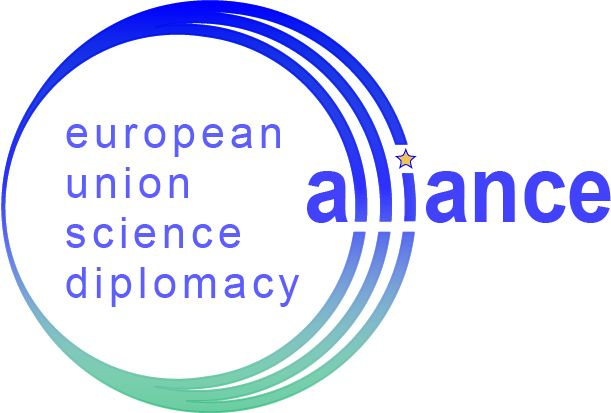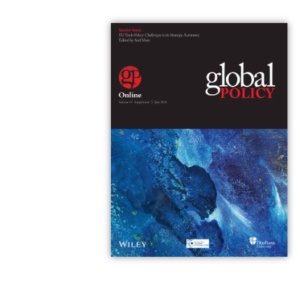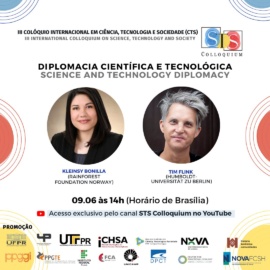Global Policy recently published a research paper by Luís Miguel Lacerda, Manuel Heitor, and Jean-Christophe Mauduit the significance of informal, grassroots science diplomacy networks in the context of the Portuguese scientific diaspora in the UK. The study reveals a growing trend wherein scientific diasporas and affiliated non-state entities are assuming a more prominent role in advancing science diplomacy.
“It shows that scientific diasporas and related non-state actors have increasingly been coming into play to permeate and promote modern science diplomacy, including participating in a state’s foreign policy and influencing its practice and strategy. These scientific diasporas act as cultural movements that can increase the relative influence of a country, particularly in a context of increased fragmented production at a global level. However, these non-formal collaborative architectures are particularly complex to sustain, and their systematic and long-term action rely very much on conjunctural and, above all, individual engagement. Therefore, this paper draws on lessons learnt that could be useful to other countries when engaging with their respective scientific diasporas.”
These findings align with the outcomes of the SESAME study conducted within the framework of S4D4C, which highlighted the productivity of non-incentivized, voluntary, and informal researcher networks (in this case what we called “the international synchrotron community”). These networks possess a key advantage in that they remain devoid of political or bureaucratic influence. Another notable strength lies in the fact that their incentives and motivations are inherently organic, thereby rendering them probably more compelling and persuasive. The new paper finds that although it may seem paradoxical initially, the deliberate enhancement and backing of scientific diasporas, coupled with the deliberate avoidance of imposing bureaucratic or administrative controls or mechanisms, hold paramount significance. These initiatives function in a decentralized manner and, most importantly, rely on voluntary engagement, a fundamental principle crucial to their effectiveness.
Read the abstract.
New architectures for bottom-up science diplomacy: Learning from the evolving Portuguese diaspora in the UK





